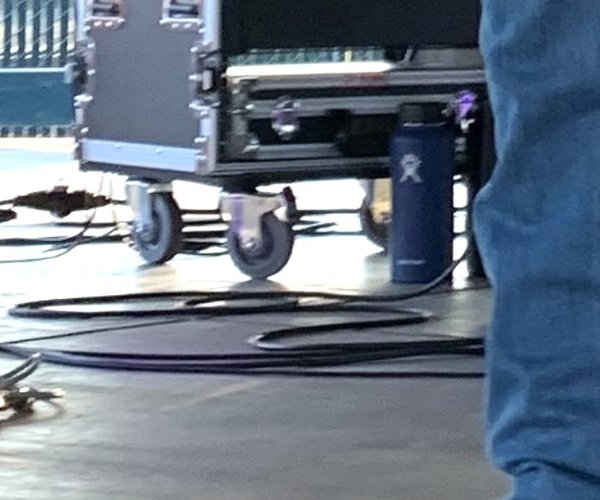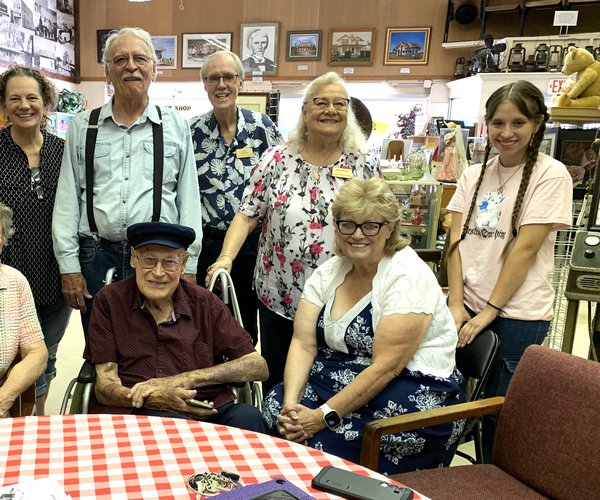E&J Gallo Winery has also joined the fight against the
virus by producing their very own hand sanitizer and has taken several safety
measures within their operations. The in-house produced hand sanitizer has been
donated to the Stanislaus County Office of Emergency Services.
Hand Sanitizer Donated To Emergency Services
Gallo Steps Up





